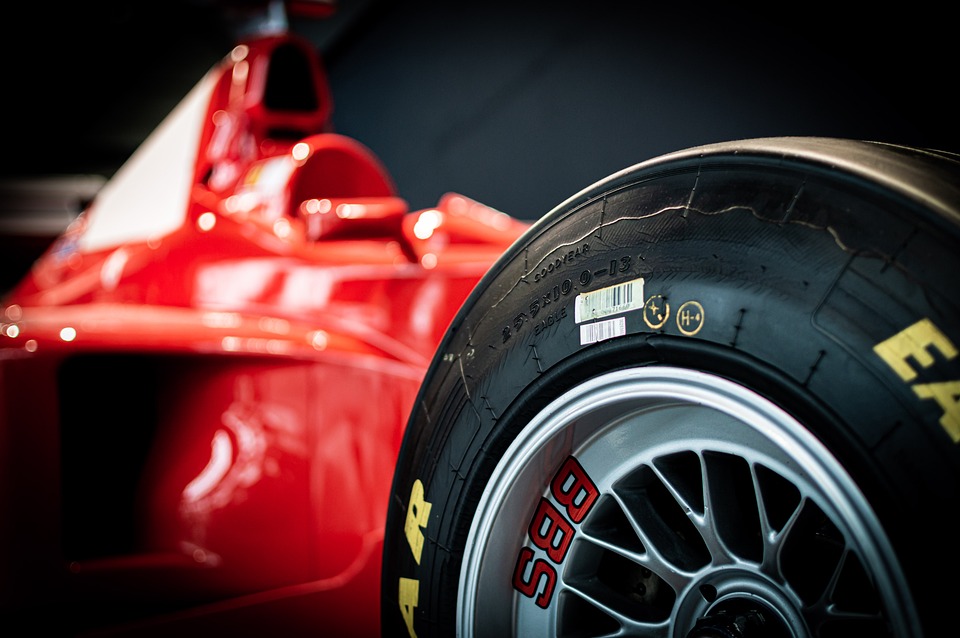
The Psychology of Speed: Inside the Mind of a Racing Driver
Introduction
Racing drivers are often regarded as fearless adrenaline junkies who live life on the edge. They possess incredible skill and precision behind the wheel, pushing the limits of speed and performance on the race track. But what lies beneath the helmet of a racing driver? What drives them to risk life and limb in pursuit of victory? The psychology of speed offers a fascinating glimpse into the mind of a racing driver, revealing the complex mix of emotions, cognitive processes, and behaviors that drive their performance on the track.
The Thrill of Speed
At the heart of a racing driver’s psychology is the thrill of speed. Speed is a drug that fuels their passion for racing, triggering a rush of adrenaline that heightens their senses and focus. The sensation of speed is like no other, as they push themselves to the limits of their abilities and experience a sense of flow and mastery on the track. The thrill of speed is addictive, driving racing drivers to seek out new challenges and conquer new records in search of the ultimate high.
The Mind of a Champion
To excel in the world of racing, a driver must possess a unique blend of mental attributes that set them apart from the competition. A champion racing driver must have unwavering self-belief, a relentless drive for success, and an unshakeable focus on their goals. They must be able to remain calm under pressure, make split-second decisions under intense conditions, and take calculated risks to gain an edge over their rivals. The mind of a champion is a complex and powerful tool that drives their performance on the track.
The Role of Fear
Despite their fearless reputation, racing drivers are not immune to fear. Fear is a natural response to the dangers of high-speed racing, as they navigate tight corners, make daring overtakes, and push the limits of their machines. Managing fear is a crucial skill for racing drivers, as it can either propel them to greater heights or hold them back from reaching their full potential. Successful drivers learn to embrace fear as a source of motivation, using it to sharpen their focus and drive their performance on the track.
The Zone of Optimal Performance
One of the key concepts in the psychology of speed is the idea of the zone of optimal performance. This is a state of peak mental and physical performance where a racing driver is fully immersed in the task at hand, experiencing a sense of flow and effortless mastery. In the zone, distractions fade away, time slows down, and the driver is able to make split-second decisions with perfect precision. Achieving the zone of optimal performance is the ultimate goal for racing drivers, as it allows them to unlock their full potential and achieve greatness on the track.
The Psychology of Competition
Competition is a driving force in the world of racing, as drivers battle it out on the track to prove their skills and claim victory. The psychology of competition plays a significant role in shaping a racing driver’s mindset, as they strive to outperform their rivals and assert their dominance on the race track. Competition can be a source of motivation and inspiration for racing drivers, pushing them to push themselves to new heights and achieve their goals. But it can also be a source of stress and pressure, as drivers face the challenges of fierce competition and the relentless pursuit of success.
The Impact of Pressure
Pressure is a constant companion for racing drivers, as they face the demands of high-stakes racing and the expectations of their teams and fans. The impact of pressure can be both positive and negative, driving drivers to perform at their best or causing them to buckle under the weight of expectations. Managing pressure is a critical skill for racing drivers, as they must learn to stay focused and composed under the most intense conditions. The ability to thrive under pressure is what separates the great racing drivers from the merely good ones, as they rise to the occasion and deliver their best performances when it matters most.
Conclusion
The psychology of speed offers a fascinating insight into the mind of a racing driver, revealing the complex mix of emotions, cognitive processes, and behaviors that drive their performance on the track. Racing drivers are not just daredevils with a need for speed – they are highly skilled athletes with a unique mental makeup that sets them apart from the rest. By understanding the psychology of speed, we can gain a greater appreciation for the incredible feats of bravery, skill, and determination that racing drivers demonstrate on the race track.

